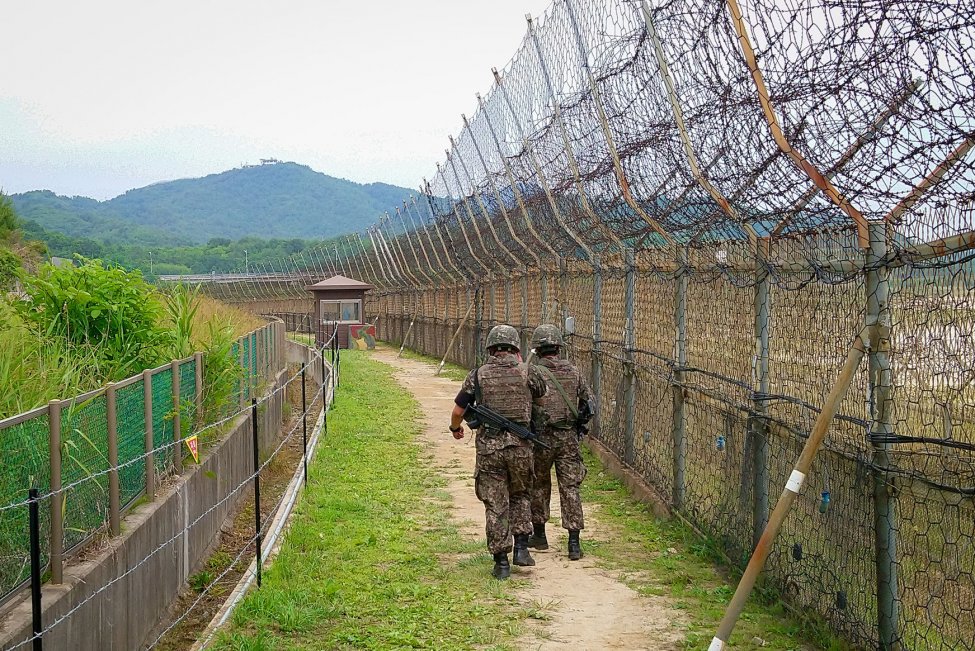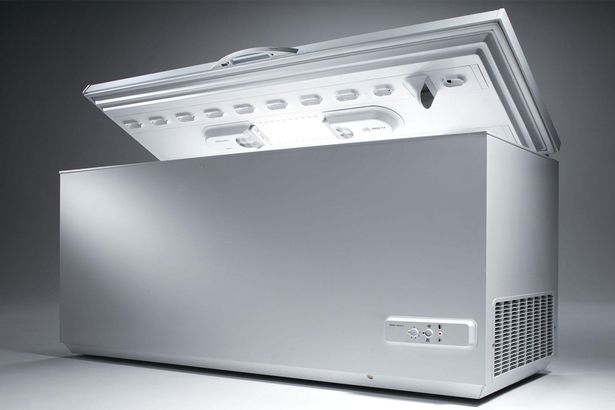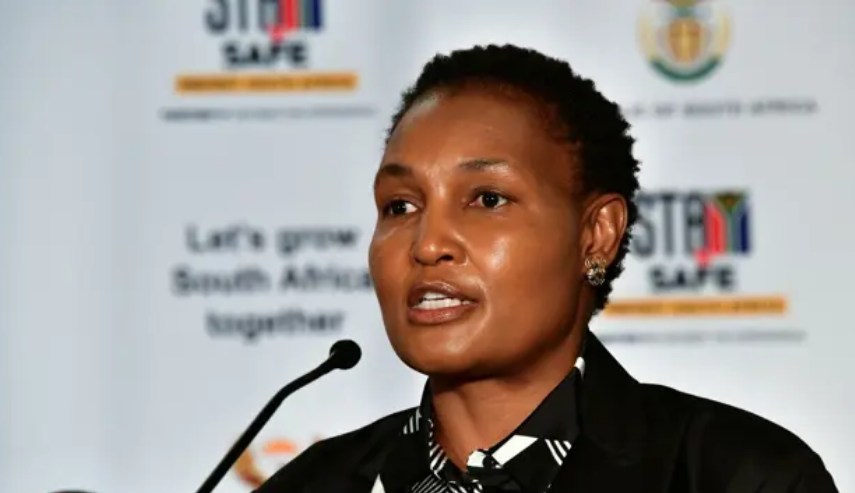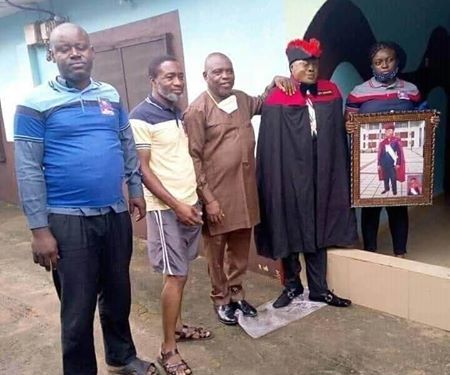The United States and South Korea resolved a lengthy impasse as negotiators struck a deal that will see Seoul pay more to help maintain the 28,500 U.S. troops on the Korean Peninsula, the U.S. State Department announced.
“U.S. and ROK negotiators have reached agreement in principle on proposed text for a new Special Measures Agreement that will strengthen our Alliance and our shared defense,” the Bureau of Political-Military Affairs at the State Department tweeted on Sunday.
The Republic of Korea is the official name of South Korea.
The renewed pact includes a “negotiated increase” in support from South Korea and reaffirms the alliance as “the linchpin of peace, security and prosperity for Northeast Asia, a free and open Indo-Pacific, and across the world,” the bureau tweeted.
No details were released on the specific terms of the agreement.
Seoul had previously offered an increase of 13% over the $870 million share that it paid in 2019, but former U.S. President Donald Trump rejected the proposal, initially demanding that South Korea pay $5 billion per year. The 10th Special Measures Agreement expired in 2019 and the two sides had failed to come to a new arrangement before Sunday, placing the alliance under strain.
South Korea’s Ministry of Foreign Affairs also announced the agreement, which came on the ninth round of negotiations overall and the first under the administration of U.S. President Joe Biden.
“At the meeting, which was held face-to-face for the first time in a year because of the COVID-19 situation, the negotiating representatives of the ROK and the U.S. held talks based on so far to conclude the 11th Korea-US Special Measures Agreement,” the ministry wrote. “As a result, an agreement in principle was reached.”
Both sides will conduct an internal review, the ministry added, before signing off on the agreement, which will need to be ratified by the South Korean parliament.
The announcement comes as U.S. and South Korean forces kicked off scaled-back joint military exercises on Monday, South Korea’s Joint Chiefs of Staff announced.
The drills are a computer-simulated Combined Command Post Training, with minimal troop levels due to the ongoing COVID-19 pandemic.
The South Korean military said that no outdoor exercises will be held, according to news agency Yonhap. Both sides also decided not to carry out a planned Full Operation Capability test, a step which would have brought South Korea closer to gaining wartime operational control of forces stationed on the peninsula.
Currently all troops are under the command of U.S. Forces Korea, but South Korea had been hoping to take control with an accelerated timeframe during the administration of President Moon Jae-in, which ends in 2021.
The COVID-19 pandemic also forced the cancelation of a scheduled joint drill in March of last year and led to a reduced exercise in August.
North Korea has consistently condemned the joint drills, characterizing them as hostile and a rehearsal for an invasion. In January, North Korean leader Kim Jong Un called for the end of the exercises at a party congress, saying they violated a military agreement signed by the two Koreas in 2018.
Credit: upi




